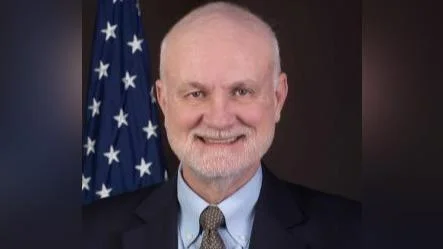In the closing days of the 2024 U.S. presidential campaign, economic issues are at the forefront for many voters. A poll by The Associated Press-NORC Center indicates that 62% of registered voters feel the nation's economy is still struggling despite some improvements.
Voter trust in handling specific economic issues varies between candidates. For taxes on the middle class, 46% trust Harris, while 36% favor Trump. On jobs and unemployment, Harris leads with 43% compared to Trump's 41%. When it comes to housing costs, Harris again leads with 42%, while Trump has 37%. However, Trump edges out Harris on groceries and gas costs with a trust level of 42% against her 40%.
Hannah Kling from Belmont Abbey College commented that "economic policy tends to be where candidates are the weakest." Jesús Fernández-Villaverde from the University of Pennsylvania expressed concerns about both campaigns' arguments.
Donald Trump's platform includes promises such as ending inflation and maintaining Social Security without cuts. His proposals rely on new energy programs and making permanent tax cuts from his previous administration. Kamala Harris focuses on tax cuts for middle-class families and affordable housing through deregulation and incentives.
Both candidates support expanding the child tax credit but differ in their approaches. Fernández-Villaverde highlighted that inflation, immigration, and housing will likely influence voter decisions. He noted that inflation affects lower-income families more significantly due to its concentration in food and electricity prices.
Analysts at Goldman Sachs suggest that while economic growth is expected under both candidates, their policies could affect growth rates differently. Kling pointed out potential negative impacts of tariffs proposed by both candidates.
As Catholics remain divided over candidate choices, Anthony Annett recommends using Catholic social teaching principles to evaluate economic policies. These teachings emphasize moral principles in economic life and prioritize how policies affect workers and people in poverty.
Kimberley Heatherington reports for OSV News from Virginia.
 Alerts Sign-up
Alerts Sign-up






